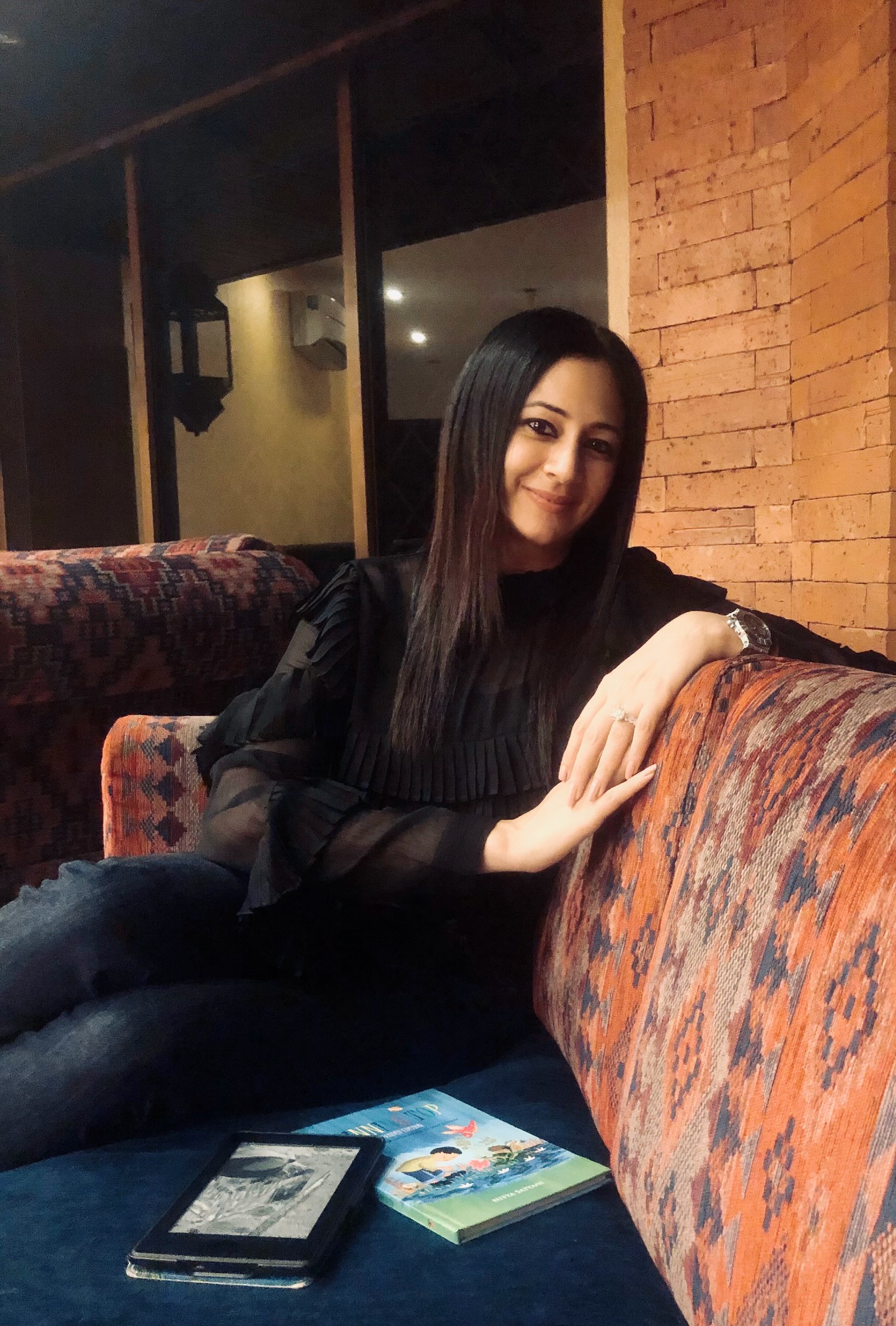‘All living things need food, water and air to survive. Your diet should include three balanced meals a day, for you to grow, fight diseases and stay alive.’

These are some of the first lessons we learn in life.
Trillions of dollars, a century worth of human resources, research, and technology, have all been employed to better understand the human body, study health, fitness, nutrition, medication, and diseases. The information and lifesaving treatments as a result of the above allow us to survive in the physical sense on planet earth and fight the odds we are faced with. But have we, as the human race, fallen short in understanding what is required to not just physically survive but also to experience a good quality of life overall?
Human beings are not one dimensional!
We do not identify with just our bodies, but also with our minds. Science calls this ‘dualism’, which means we are a body with a mind. I’d go a step further to say, we are an amalgamation of our body, mind, and soul. So it makes me wonder if we are so much more than just an outer shell, why then have we been taught to feed only one part of us every day? In terms that today’s generation would understand better, so far, we have only been given a tutorial on the repair and maintenance of our hardware. Our software and battery life have been grossly neglected! As a result, I believe, we are living in a time of physical obsession, mental obesity, and spiritual starvation.
Our Bodies and Mind
Enough has been said about the physical body – what more could I possibly add? If we simply observe the workings of our digestive system, various organs, hormones, and enzymes are dedicated to the digestion of the food we eat. Which is then converted into energy used by our cells for the functioning of our bodies. However, if the energy is not burnt through activity or exercise, it gets converted into and stored as, fat.
Let us now for a minute, apply the same template to our minds. Would it really be beyond the realm of our imagination, if we presumed that just like the extraordinarily intricate and efficient digestive system we have for our bodies, there might be one for our minds as well?
We consume information because knowledge is food for the mind. Let us imagine our brain cells energised with information, and this energy fuels our thinking faculties, and imagination. This is the exercise for the brain! The problem we face today, especially adults, is that when we do not use the information we absorb correctly, this excess energy gets converted into the mental equivalent of fat… WORRY!
And never before has the human mind been privy to such information overload, as in today’s world. We are continually consuming knowledge in the form of books, movies, shows, social media, and of course, the news. Some of it is nutritious, but most of it is the equivalent of junk food for the brain, that is being force-fed to us one WhatsApp forward at a time. The information that enters our brain is no longer restricted to our immediate surroundings but has expanded to include the entire global community, most of which has no actual bearing on our lives. We sit in our homes and see pictures of the food someone has eaten in Belarus, or watch videos of a stranger’s adorable baby in Boston. But worse, we get to witness some highly sensitive and grim scenarios too.
We all know what happens to our body in the absence of a nutritious diet, fixed meal times, or lack of exercise. If we assume that a similar process is going on in our minds, then the result is obvious, information overload is the obesity of the brain. An increasing number of people find themselves constantly anxious and worried about all the potential situations that may or may not happen to them, based on the unfortunate experiences of complete strangers.
If only we were taught early on that an integral part of keeping the mind healthy is making sure it is digesting the information we give it well. In order for the mind to ‘digest’ well, it needs the mandatory exercise of consuming less and taking a break. The seemingly unproductive idling away of 5-10 minutes at a time helps. Much like eating the right food, we need to spend a few minutes every day singing, writing about our feelings, and dealing with our emotions. Instead of overburdening our brains with the constant need to be productive, it seems we need to be re-taught to spend a part of our day simply daydreaming just as we did when we were kids.
Our Soul
Good health for our souls is a tricky one as spirituality and religion have become intertwined so deeply that it’s complicated and difficult to separate the two. And separate, we must if we want a well-fed soul that is not neglected and starved. No matter where we believe we come from or where we go once we die, most people agree that we all do, in fact, have a ‘soul’. It loosely translates for many to spirit, personality, the spark within us, and the essence of us.
I believe we are neither the body that houses us nor the mind that speaks to us, instructing and helping us maneuver the physical world. Most people are so consumed in the trappings of the former two, that we forget entirely about who we really are. The one whom we bury so deep, who knows the answers to all of life’s questions, since before our mind and body even came into being. Yet we don’t connect with it every day, because it takes a lot more effort to find this part of us. It isn’t noisy and vocal in its demands from us, like the mind and body are. The soul is the silent spectator. The one who has witnessed our many lives, in many bodies, I believe.
So what then is the diet for the soul?
I would assume since it’s made of energy, good energy would be the right answer. Our souls feed on it. It absorbs the energy of every single place, event, and the person we meet. It’s like your aura flowing into mine wordlessly, when we meet, like the blending of colours. It is no wonder that the wise have told us time and time again, to surround ourselves with positivity, to do things we love to do, to recharge in nature, and with creativity. We also need to ask ourselves, who are the people we are willing to share our energy with? Much like the network bars on our mobile phones, our energy gets depleted when over-used, and what else is our soul if not our battery? We need to recognise negative energy when it comes our way and feed from the positive, be it from people, nature, or events.
Many things are essential for our survival and many that are essential for us to more than just survive. These, unfortunately, don’t get prescribed or taught to us. It’s important to set time aside every day, to dream, to sit still, to be in your own company. If your body demands a break, lie down, rest. Schedule in time not just for work meetings, but for meeting with people who energise you and fill you with love. Take a break from social media, news, phones and TVs.
We have been so focused on staying alive; obsessed with staying attractive, successful, and relevant, that we have entirely forgotten about feeding our minds and souls.
So starting today, when you ask yourself, ‘What should I have for dinner?’ Intend to ensure that your diet includes food and time for all three parts of you, the mind, body, and soul.
Read other article by Nitya Satyani
Share
Picture Credit : Photo by Laura Briedis on Unsplash


Very well articulated. The vedantic diet : BMI: body mind intellect: perceiver, feeler, thinker: thoughts, feelings, emotions.
I suggest you look up Swami Chinmayananda’s BMI chart for some more reading.
Excellent Read, Nitya!
Completely Believe in it!